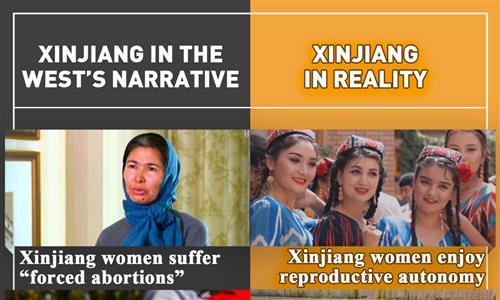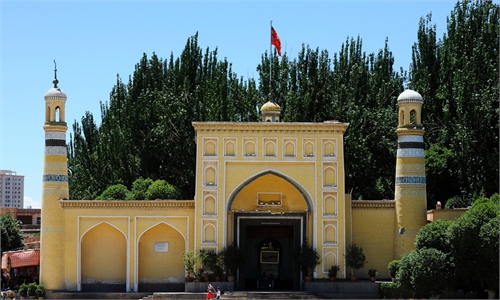Joint effort: Fourteen companies helped put 18 water tanks – each able to hold about 2,000 litres – in strategic locations in Relau, the south of Penang island, for residents to get water during the scheduled water cut from Jan 10 to 14. — LIM BENG TATT/The Star
GEORGE TOWN: With three days to go before 70% of Penang residents will be without water supply, Chief Minister Chow Kon Yeow says the repair work at the Sungai Dua treatment plant is necessary to prevent a more unpleasant situation during Chinese New Year next month.
He said the Penang Water Supply Corporation (PBAPP) had no choice but to shut down the plant to carry out two urgent repairs.
“The two large control valves in the plant are leaking. These valves must be replaced.
“If these valves are not replaced soon, they may fail or cause a pipeline burst during the Chinese New Year, or Hari Raya celebrations, or any time in the middle of the night,” he told The Star.
It is estimated that 590,000 consumers would be impacted by the four-day water supply disruption starting Wednesday.
More than 100 PBAPP personnel will be working round-the-clock over 96 hours to ensure everything runs on schedule during the water cut period.
The corporation plans to complete the works at the water treatment plant within the first 24 hours.
For the next 72 hours, the focus will be on “water supply services recovery” and to re-start and pump treated water through thousands of kilometres of pipelines to the affected consumers.
Out of the nine water treatment plants in Penang, Chow said the Sungai Dua plant is the most important because it produces 80% of the treated water for the state daily.
“As the Chief Minister of Penang, I admit that water supply here is one of the issues that sometimes keep me up at night, especially when thinking about the future.
“We are aiming to steer the state towards the holistic goal of becoming ‘a family-focused green and smart state that inspires the nation’ by 2030.
“We need sufficient water supply to fulfil this goal. We have a plan to reduce Penang’s water risks and address future water demand and PBAPP is implementing its Water Contingency Plan 2030,” he said.
Under the WCP 2030, the corporation will implement eight key water supply projects starting last year till 2028 to ensure water supply sufficiency in Penang until 2030. The total cost is projected to be RM1.184bil.
As for current progress of the Perak-Penang Water Supply Plan, Chow said a committee would be formed soon to monitor the overall progress of the work from the preliminary stage to the end of this project.
For the water shutdown starting this Wednesday till Sunday, PBAPP said it had sent out notices and reminders to consumers about the scheduled disruption in advance and also advised them the need to stock up water at home.
Most MPs and assemblymen in the state have also distributed water tanks at strategic spots, especially in high-rise buildings, and held discussions with residents to explain the situation and remind them to store enough water.
A check revealed that most hawkers and food outlet operators here will be resorting to disposable cutlery during the water cut.
A total of 60 static water tanks will be placed at targeted areas while the PBAPP will deploy a fleet of 99 tankers to supply water – according to fixed schedules – to affected folk.
The corporation has explained that this week’s water shutdown will be quite similar to the water cut in Selangor in October last year when Air Selangor shut down the Sungai Langat treatment plant for upgrading works.
Millions of people in 162 areas were affected by a four-day water supply interruption then.
As for the Penang folk, they would have to put up with the hot weather during the shutdown with temperature expected to be between 26°C and 34°C.
For urgent assistance, the public can call PBAPP’s 24-hour call centre at 04-255 8255.
By ALEX TENG
Related:






